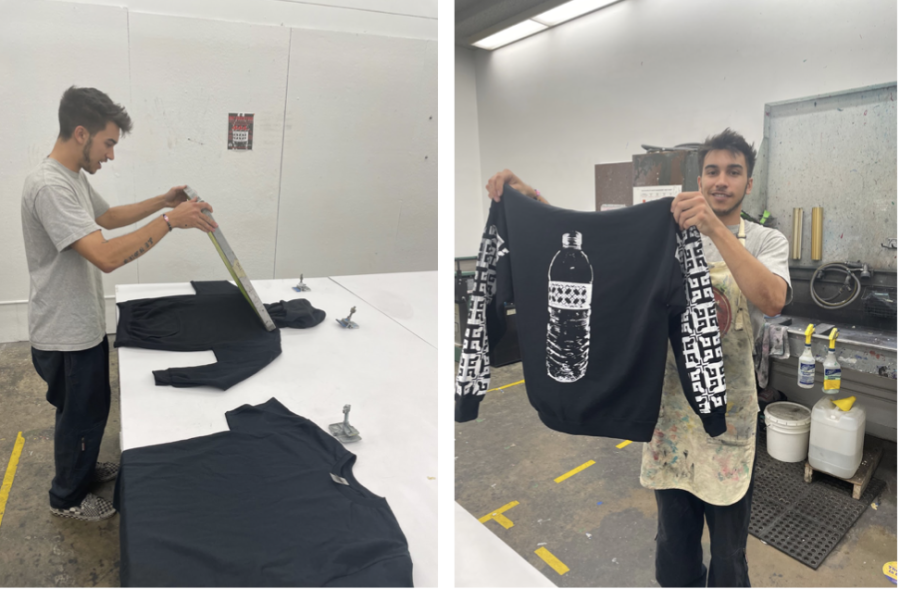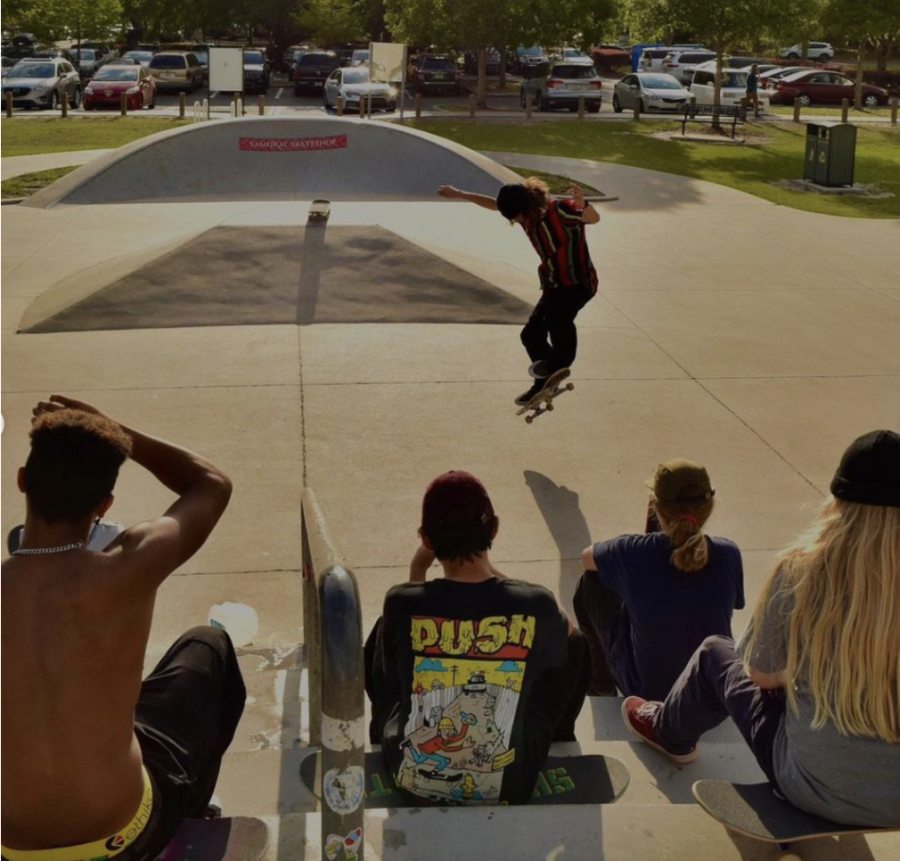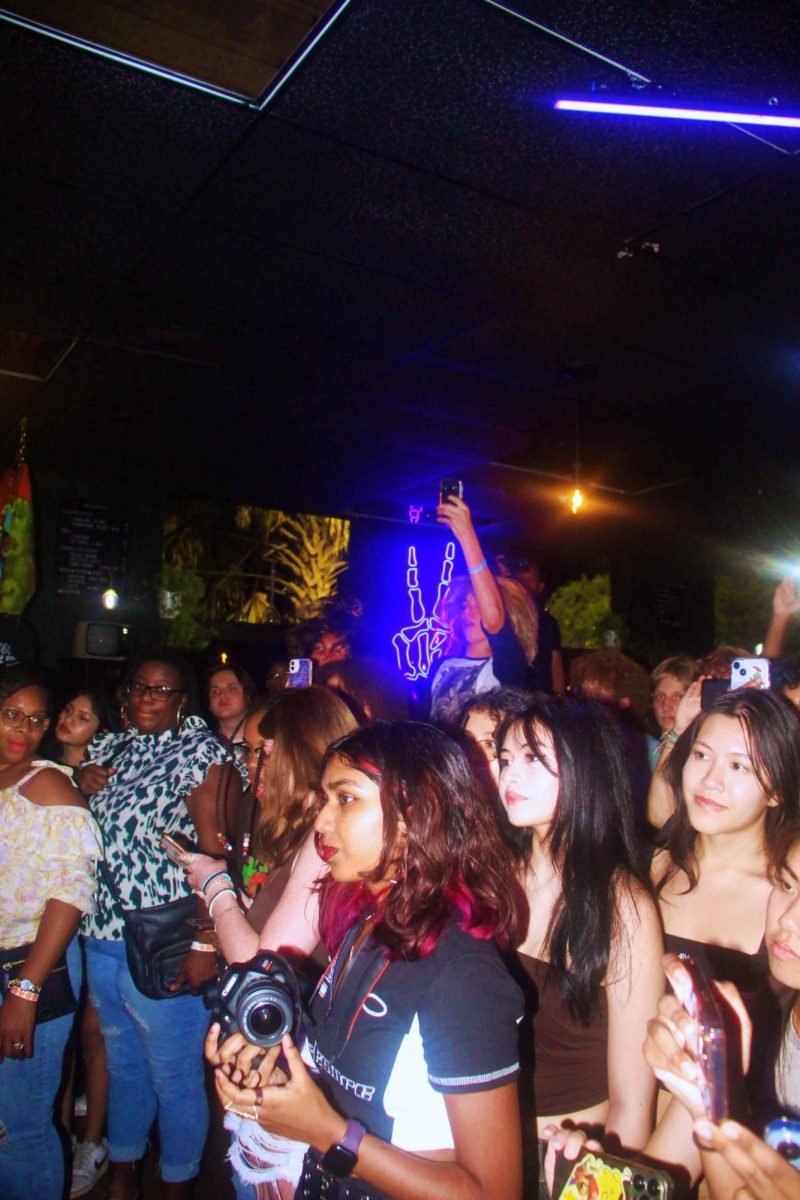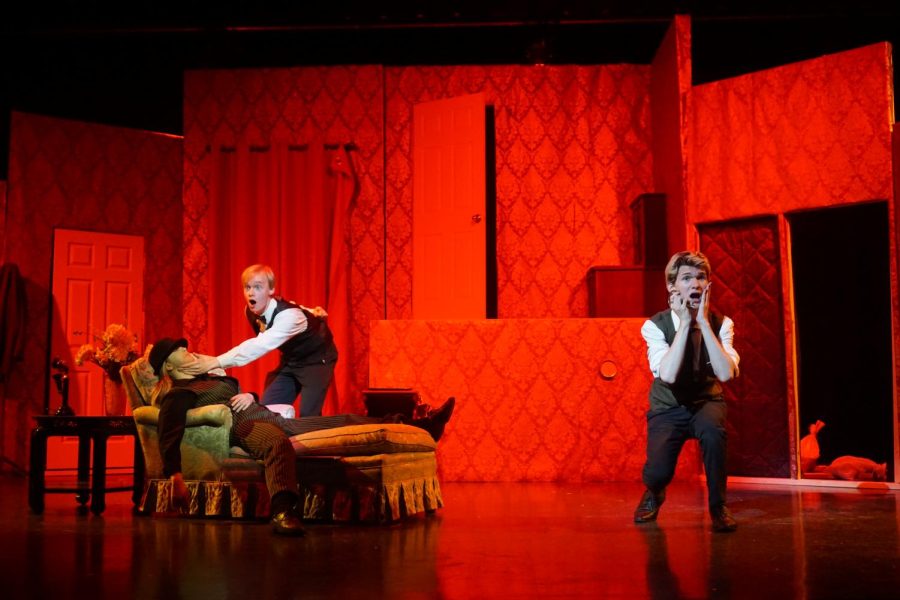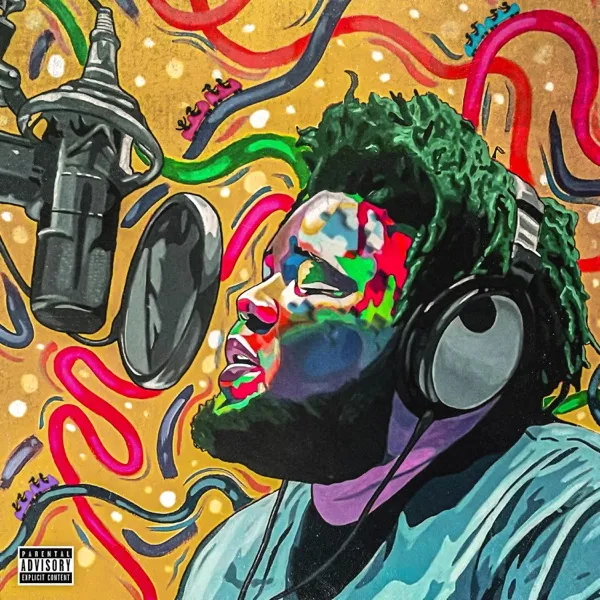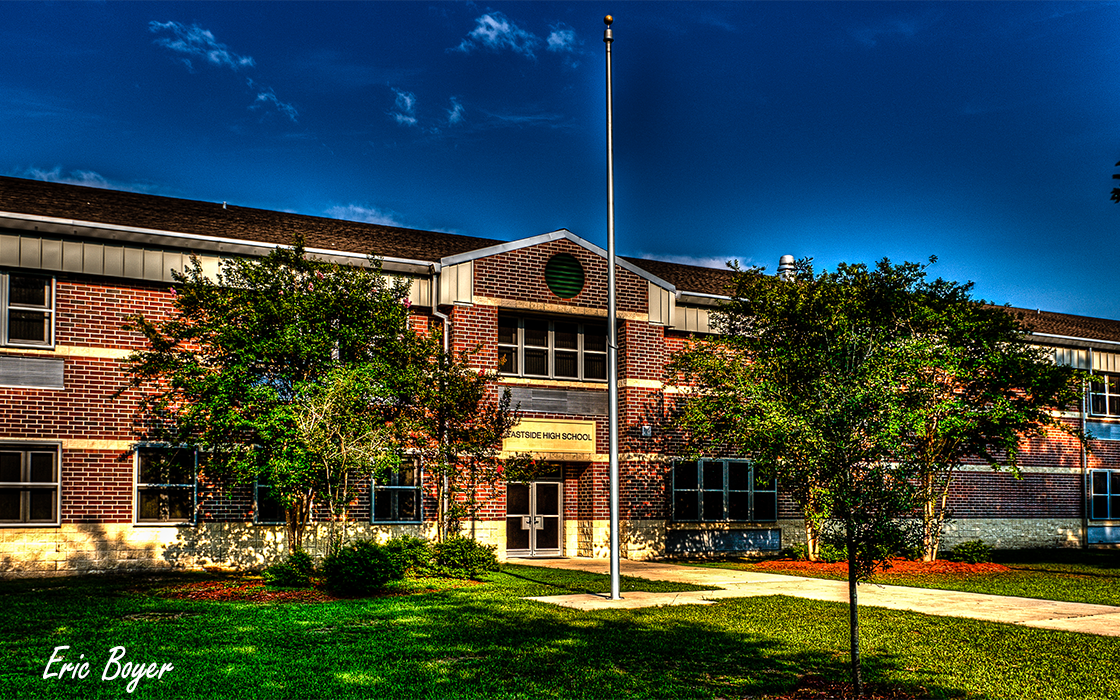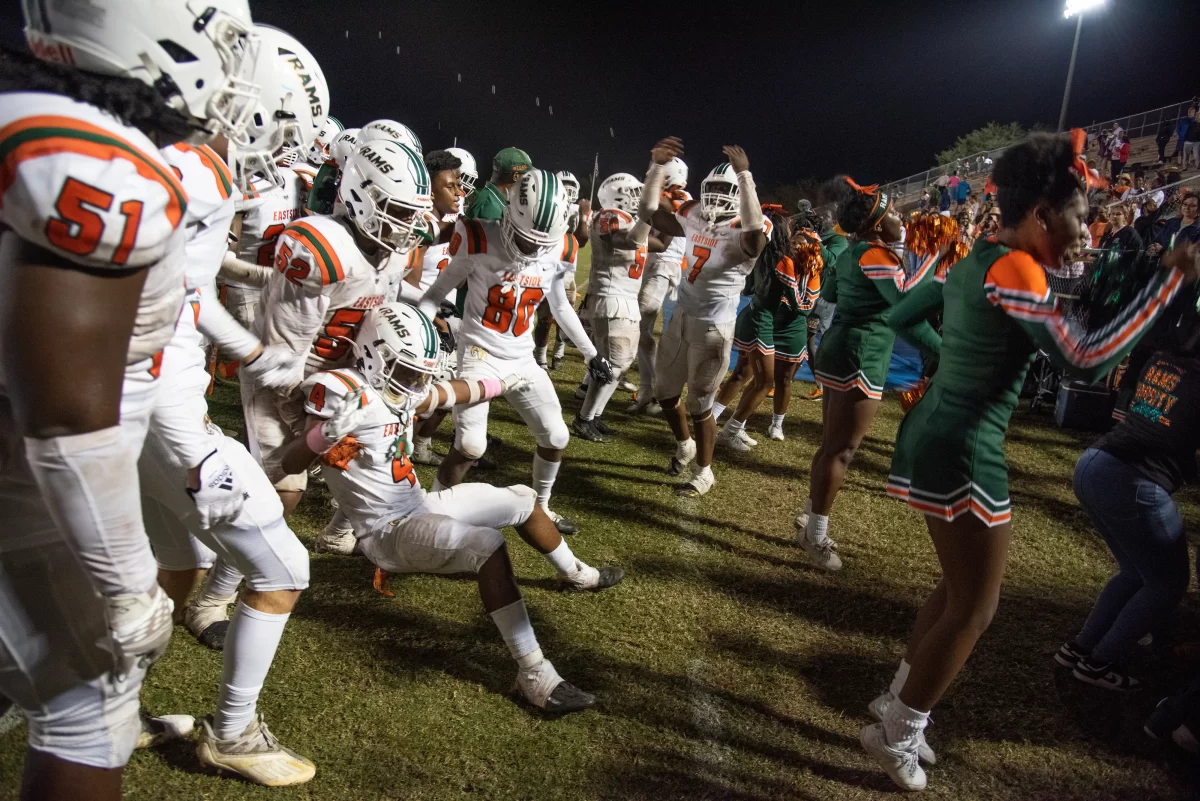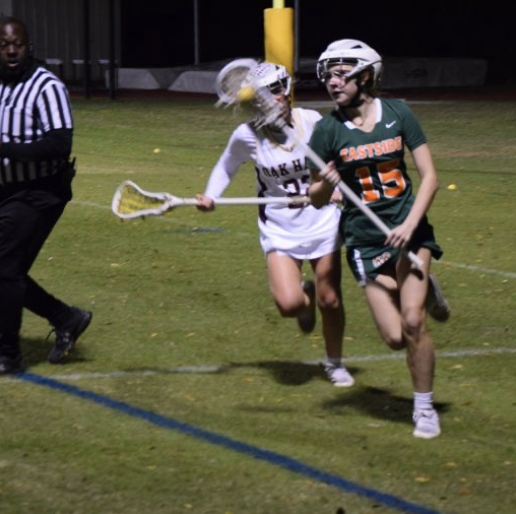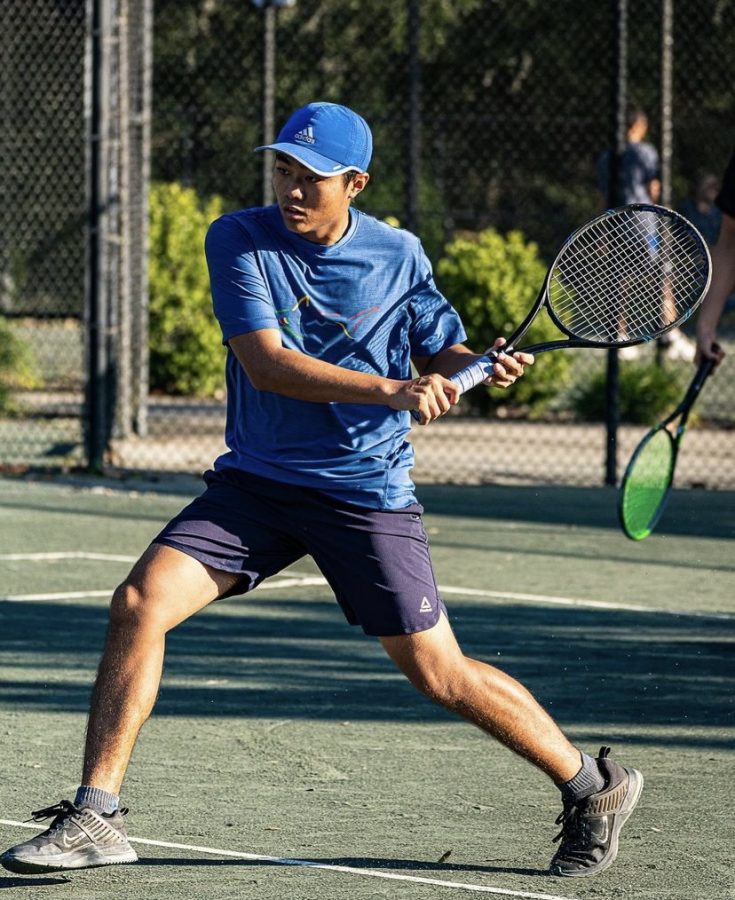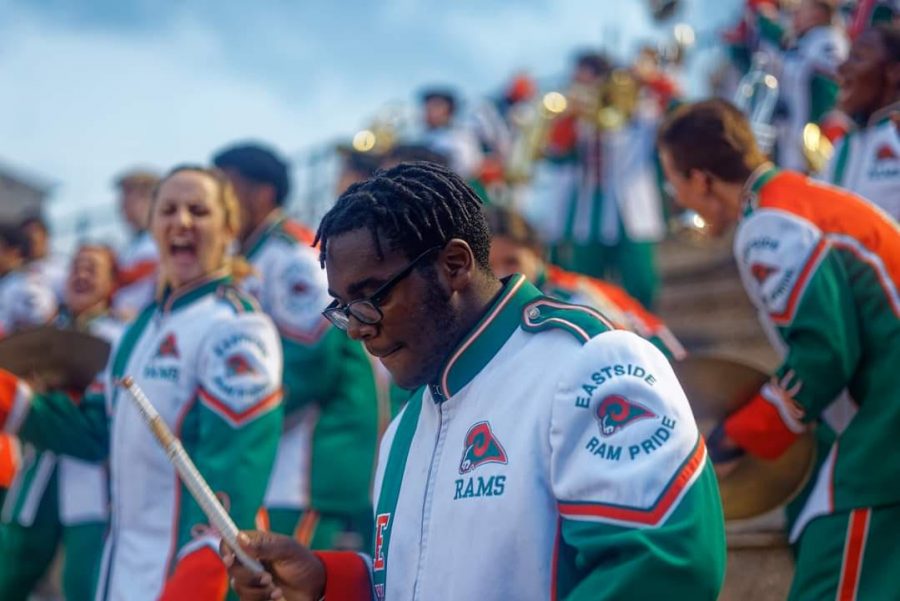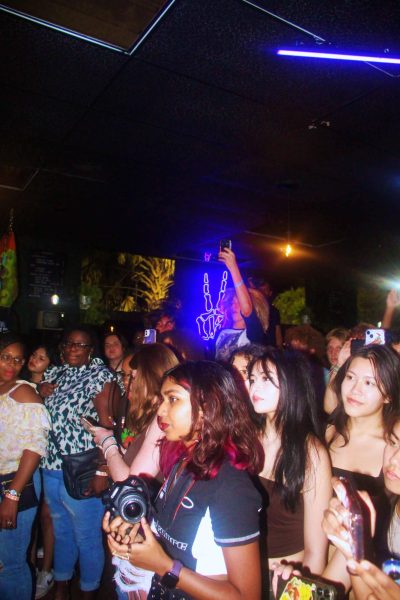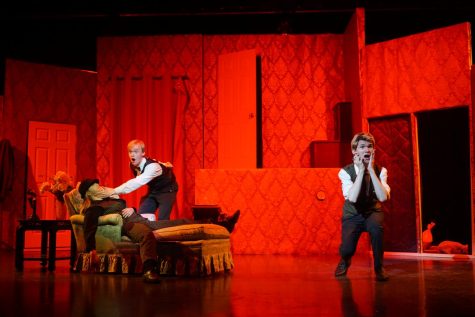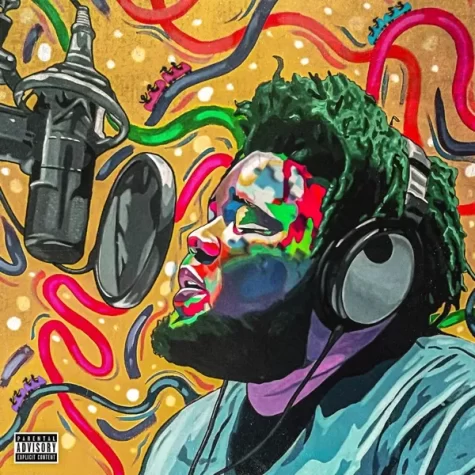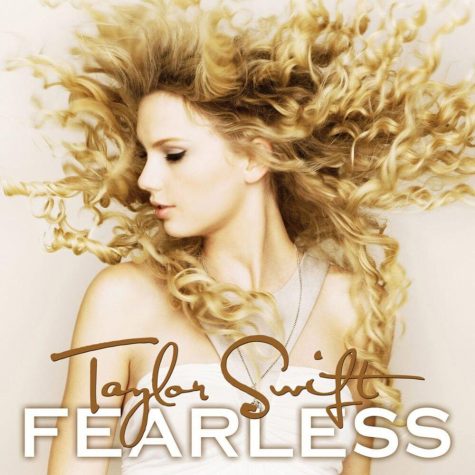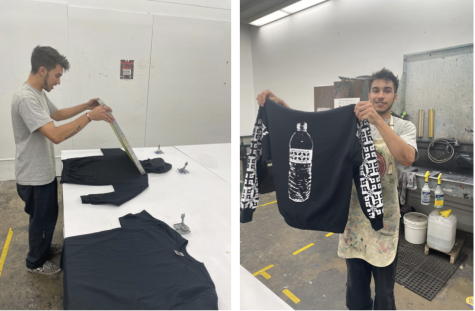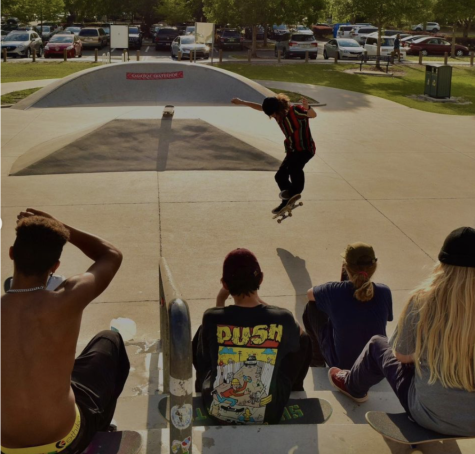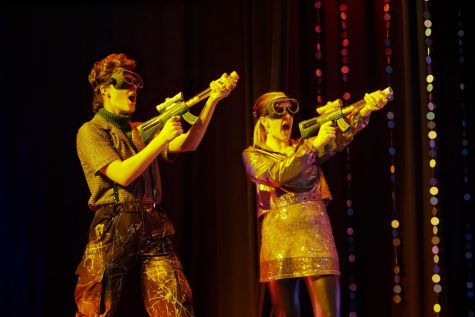Old Band vs. New Band – A Burning Controversy
Eastside band alumni
Word of a controversial article pointing out the erasure of Black traditions in the EHS Ram Band started to catch wind back in March. Outraged band students loyally rallied behind band director Joseph Hughes, whom many felt was being unfairly attacked in the article. The writer of the article claimed that the band under Mr. Hughes was now entirely composed of IB students, implicitly accusing him of not trying hard enough to recruit more Black members. Unbeknownst to students, this article would be the first of many public protests against the “new” Ram Band. The article was backed by multiple Ram Band alumni and family members of Richard E. Parker, the founder of the first integrated marching band in Alachua County, our very own Ram Band. Parker built the Ram Band from the ground up when Alachua County began desegregation, finding inspiration in Florida Agricultural and Mechanical University and their HBCU-style of marching, complete with swinging horns and high, angular knees. Now, however, nearly a half-century later, the Ram Band has transitioned into corps-style marching. Alumni criticized new band directors, including Mr. Hughes, of taking away the “Blackness” in the Ram Band.
Maryanne Armstrong, a current senior at Eastside and drum major of the Ram Band, has remained passionate and outspoken about the ongoing issues between the “old” and the “new” band. After the release of the first article in March she “felt that people were coming after us [the band] when they didn’t really know us. It also wasn’t done in a respectful or positive manner”. However, regardless of the slight insult she and the band felt, everyone remained open-minded. The article had sparked discussion among members, who found themselves asking, “how can we keep being ourselves while also honoring our past?”
Nearly five months later, the dust has not yet settled and tensions still remain between old and young. For the monthly school board meeting of August, Alumni Band members planned to gather outside the district office to protest the “new” band and speak in the citizen input segment to voice their concerns. Upon discovering such a valuable moment of discussion with alumni, Maryanne called upon her co-drum major, Deshawn Johnson, to face their irritated predecessors.
The alumni who took the stage that night also took on a wide range of views. Maryanne remembers that some people came off as a bit radical, demanding immediate and complete reform of the band. Others were a little less hostile and revolutionary as they shared their concerns. The air in the room was tight. Apprehension simmered. Maryanne and Deshawn stepped forward to face the daunting task that lay ahead. They first thanked them, giving credit to the culture of the current band to the alumni. “We are who we are because of you guys”, Maryanne recalls. After the formalities were over, the two band leaders began to address the concerns. They made it clear that important discussions were happening inside the band room, and they felt compelled by the Black history of Eastside to honor the Alumni Band. In order to recruit more major program students into the band, Mr. Hughes had created a Beginning Band class, giving opportunities to students who want to join the band but have no experience playing an instrument. Mr. Hughes also now plans to travel to local elementary schools, along with middle schools, to create exposure and interest in music and instrument-learning early on. The two drum majors cited that the Ram Band had always included a repertoire of historically Black stand songs to play during football games, including Vice Versa, Say Lala, Duckmouth, 17, Wrong Idea, and Let’s Go. Historically Black Bands such as FAMU and Bethune-Cookman University play from these selections of songs as well. Maryanne and Deshawn wanted to share their band’s efforts to honor and carry on the traditions of the alumni who sat before them.
These days, Deshawn firmly stands by his stance on the issue. “I’m always gonna be on our side – this is the side that I know. I love Hughes”. Maryanne holds a similar view as well. She feels compelled to continue to “defend Mr. Hughes and to defend our band”.
Your donation will support the student journalists of Eastside High School. Your contribution will allow us to purchase equipment and cover our annual website hosting costs.


